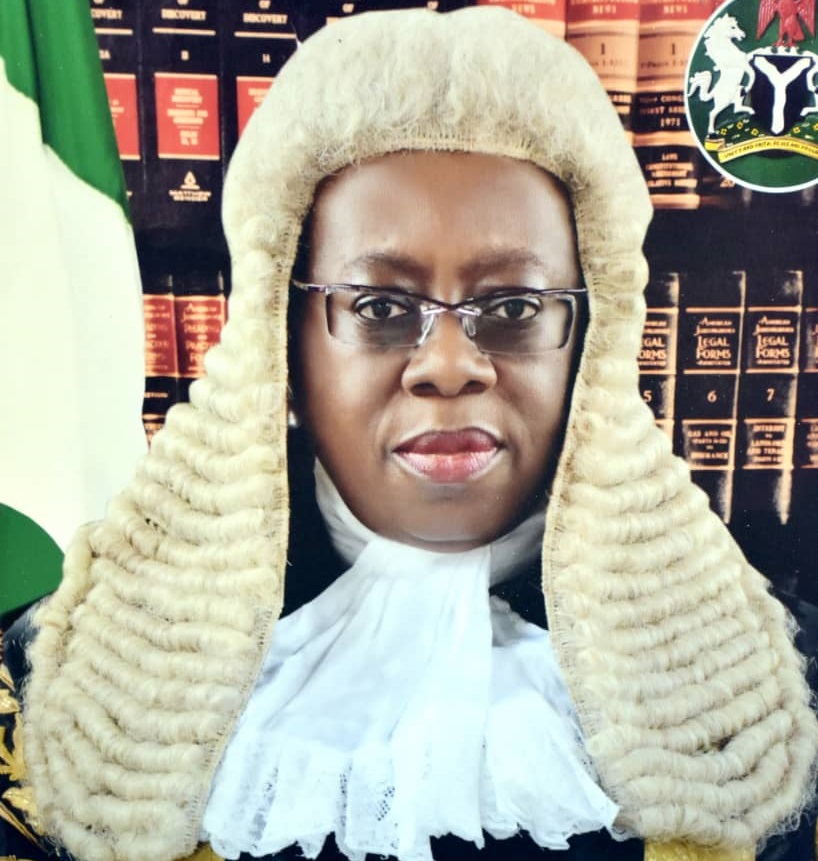By Franklyn Ginger-Eze
The recent Supreme Court judgment on the financial administration of Local Government Areas (LGAs) has intensified the tension between State Governors and the Federal Government of Nigeria (FGN). At the heart of the issue is the fundamental question of fiscal and administrative control over LGAs, which are constitutionally recognised as the third tier of government under Nigeria’s federal structure. In light of the growing discontent and silent power shifts among political elites, this issue threatens to catalyse a broader political realignment ahead of the 2027 general elections.
The current crisis in Rivers State and the interplay of Federal Government institutions including the presidency is worthy of note.
A Clash of Power: State Governors Versus the Federal Government
The Supreme Court’s declarative judgment, reinforcing the financial autonomy of LGAs, has come as a direct affront to many state governors. Historically, state governments have exercised considerable control over LGA finances through joint state-local government accounts, as stipulated in Section 162 (6) of the 1999 Constitution of the Federal Republic of Nigeria (CFRN). However, this provision has often been manipulated, with some governors allegedly diverting LGA funds, effectively starving local councils of the resources they need to function independently.
With the Supreme Court’s ruling, the Federal Government, under President Tinubu’s leadership, has signalled its commitment to enforcing greater financial autonomy for LGAs, a move that challenges the deeply entrenched powers of state governors. This conflict is not just about finances—it reflects a broader struggle for political dominance and control, which has significant implications for governance at all levels.
The State Independent Electoral Commissions Conundrum
Compounding this tension is the contentious debate surrounding the State Independent Electoral Commissions (SIECs), established under Section 197 of the CFRN. SIECs have long been criticized for their lack of independence, as they are often seen as extensions of state governors, used to manipulate LGA elections in favour of ruling state parties. The call for the abolition or reform of SIECs, to transfer electoral oversight to the Independent National Electoral Commission (INEC), has gained momentum as stakeholders argue for more credible LGA elections.
The continued existence of SIECs, in their current form, undermines the spirit of democratic governance at the grassroots level. Critics argue that as long as governors control LGA elections, genuine local autonomy remains elusive. Thus, the Supreme Court’s ruling, alongside the push for electoral reforms, has intensified the debate on the proper constitutional role of states in LGA governance.
Intra-Political Elite Rumblings: Realignments and Recalibrations
Beneath the surface, silent rumblings among the political elite suggest that this dispute over LGA financial autonomy and the existence of SIECs is fuelling broader demands for realignment and recalibration of Nigeria’s federal structure. Unlike the usual partisan divides, this issue has cut across political party lines, with political actors from both the ruling and opposition parties recognising the need for structural reforms.
These rumblings indicate that the elite are beginning to acknowledge the limitations of Nigeria’s current governance framework, particularly the over-centralization of power at the state level. There is growing support for recalibrating the balance of power between the three tiers of government, ensuring that LGAs are empowered to play a more active role in governance and service delivery. However, this recalibration is fraught with risks, as any reforms could significantly alter the political landscape ahead of the 2027 general elections.
Constitutional Crisis Looming? The Need for Legislative Intervention
The core of the crisis lies in the provisions of Section 162 (6) and (8) of the CFRN, which govern the allocation of funds to LGAs through the joint state-local government account. The Supreme Court’s judgment has exposed the contradictions and ambiguities in these provisions, particularly regarding the true autonomy of LGAs. Without urgent legislative intervention to clarify these constitutional provisions, Nigeria risks plunging into a major constitutional crisis.
State governors, who have long benefitted from the status quo, are unlikely to relinquish control easily. However, the growing pressure for reform—both from within the political elite and from civil society—suggests that the status quo is unsustainable. The National Assembly, in its role as the chief legislative body, must act swiftly to address these constitutional contradictions. Failure to do so could lead to prolonged legal battles, further governance paralysis, and escalating tensions between state and federal authorities.
The Power Dynamics of Social Transformation
The dynamics of this power struggle extend beyond political control to touch on the deeper issue of social transformation in Nigeria. LGAs, as the tier of government closest to the people, have the potential to drive significant social change, particularly in rural and underserved communities. However, their ability to do so has been stymied by the financial and administrative control exercised by state governments.
For true social transformation to occur, LGAs must be allowed to function independently, with the necessary resources and capacity to address local needs. This shift in power dynamics could also help to address some of Nigeria’s most pressing challenges, such as poverty, unemployment, and infrastructure deficits, by ensuring that decision-making is more localized and responsive to the specific needs of different communities.
Toward 2027: The Politics of Reforms
As Nigeria inches closer to the 2027 general elections, the debate over LGA autonomy and state control will undoubtedly play a central role in the political discourse. The political elite, both at the state and federal levels, will have to navigate these complex issues carefully, as any perceived attempts to maintain the status quo could alienate voters who are increasingly demanding more accountable and transparent governance.
Moreover, the 2027 elections could mark a turning point in Nigeria’s political landscape, with the potential for new alliances and realignments emerging around the issue of federalism and local governance. Political actors who position themselves as champions of LGA autonomy and democratic reforms may find themselves with a significant advantage, especially in a political environment where voters are becoming more attuned to issues of governance and accountability.
Conclusion: A Critical Moment for Nigeria’s Democracy
The ongoing clash between state governors and the Federal Government over LGA financial administration represents more than just a legal or constitutional battle—it is a reflection of deeper tensions within Nigeria’s political system. The outcome of this struggle will have far-reaching implications for the future of Nigeria’s federal structure, the balance of power between different levels of government, and the country’s prospects for social transformation.
Legislative intervention is critical to resolving the contradictions within the 1999 Constitution, particularly concerning Sections 162 and 197. Failure to address these issues could lead to a major constitutional crisis, further complicating Nigeria’s already fragile political environment. As the 2027 general elections approach, all eyes will be on how the political elite navigate these challenges and whether they can forge a new consensus on the future of local governance in Nigeria.
Ginger-Eke,Public affairs and Strategic Communication expert can be reached via: email: info@therainbowstrategy.ng



